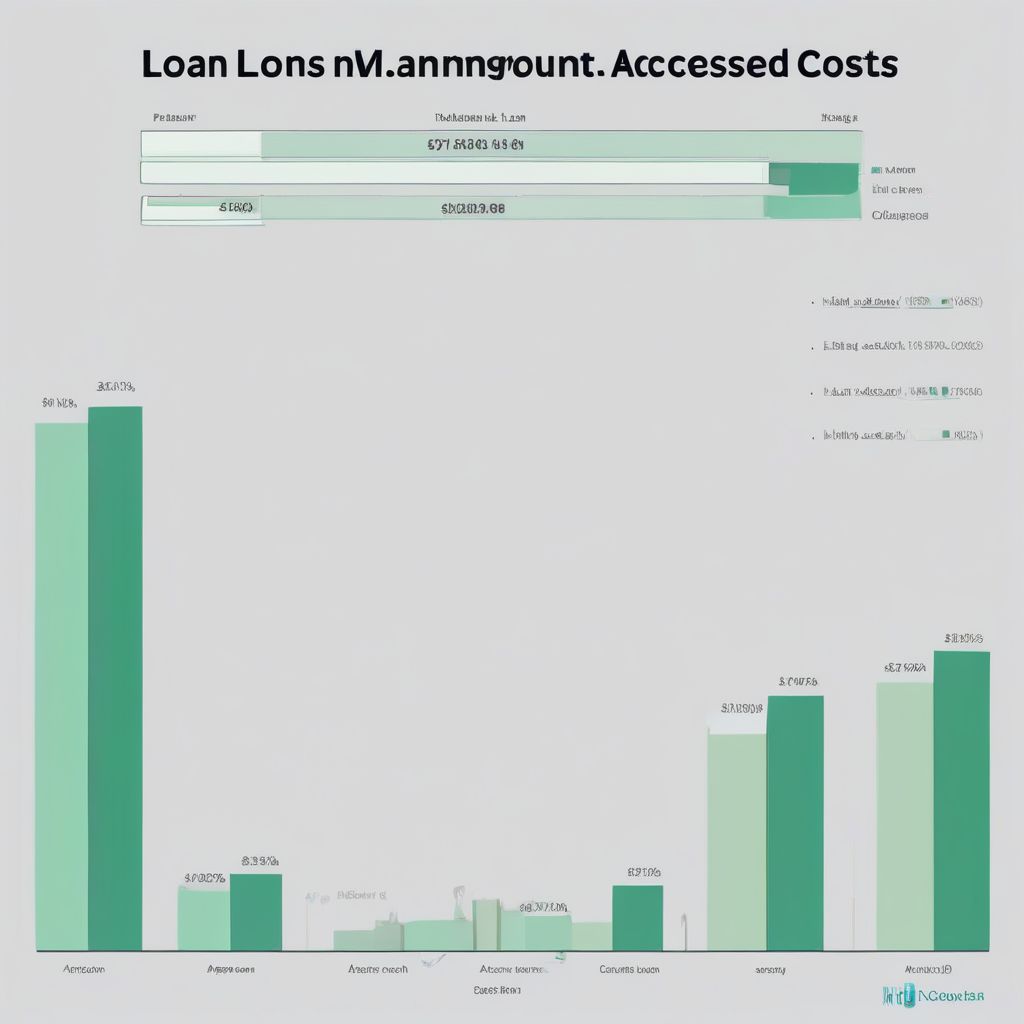In the world of real estate investing, leveraging equity can be a powerful strategy for growth and increased returns. One popular method experienced investors use is a cash-out refinance on an investment property. This strategy allows property owners to tap into their hard-earned equity and access liquid capital for various investment purposes.
What is a Cash-Out Refinance on an Investment Property?
A cash-out refinance essentially involves replacing your existing mortgage with a new one for a larger amount. The difference between the new mortgage and the remaining balance on your old loan is paid to you in cash. This “cashed-out” equity can then be used for a variety of purposes, such as:
- Investing in other properties: Many investors use cash-out refinancing to fund down payments for additional investment properties, expanding their portfolios and building wealth faster.
- Renovations and improvements: Upgrading an existing investment property can increase its value and rental income. Cash-out refinancing can be a strategic way to finance these improvements.
- Debt consolidation: Consolidating high-interest debts into a lower-interest mortgage can simplify finances and potentially save money.
- Personal expenses: While not always recommended, investors can use the cash for personal needs, such as education expenses or a down payment on a primary residence.
Understanding the Ins and Outs of Cash-Out Refi for Investment Properties
Before diving into a cash-out refinance, it’s crucial to consider the following factors:
1. Interest Rates and Loan Terms:
When you refinance, you’re likely to get a new interest rate. It might be higher or lower than your original rate, impacting your monthly payments and overall loan cost. Similarly, your loan term (e.g., 15 or 30 years) can change, affecting your monthly cash flow.
2. Closing Costs:
Just like your initial mortgage, refinancing comes with closing costs. These expenses can range from 2% to 5% of the loan amount. Be sure to factor these costs into your calculations to determine the financial viability of a cash-out refinance.
3. Tax Implications:
While the cash you receive from a cash-out refinance isn’t considered taxable income, there might be tax implications for the interest paid on the portion of the loan used for investment purposes. Consult with a tax professional to understand the specific implications for your situation.
4. Investment Property Loan Requirements:
Lenders often have stricter requirements for loans on investment properties compared to primary residences. Expect higher credit score and down payment requirements, and potentially a more thorough debt-to-income ratio analysis.
shopsua.vn/wp-content/uploads/2024/08/cash-out-refinance-investment-property-66b6eb.jpg" alt="cash out refinance real estate investing" width="1024" height="1024">cash out refinance real estate investing
Making the Most of Your Cash-Out Refinance
Here are some tips for maximizing the benefits of a cash-out refinance on your investment property:
- Shop around for the best rates and terms: Compare offers from multiple lenders to ensure you’re getting the most competitive rates and favorable terms for your situation.
- Calculate your break-even point: Determine how long it will take for the investment financed with the cash-out funds to generate enough return to offset the costs of refinancing.
- Have a solid plan for the cash: Clearly outline how you’ll use the funds to achieve your investment goals, whether it’s acquiring a new property, renovating an existing one, or diversifying your portfolio.
Conclusion
A cash-out refinance on an investment property can be a powerful tool for savvy investors looking to leverage equity and accelerate their wealth-building journey. However, it’s essential to approach this strategy with a clear understanding of the risks and rewards involved. By carefully considering the factors outlined above, working with experienced professionals, and making informed decisions, you can increase your chances of success in the dynamic world of real estate investing.
Remember, thorough research and due diligence are essential before making any significant financial decision. Continue exploring our website for more insights on investing, finance, and building a solid financial future.
